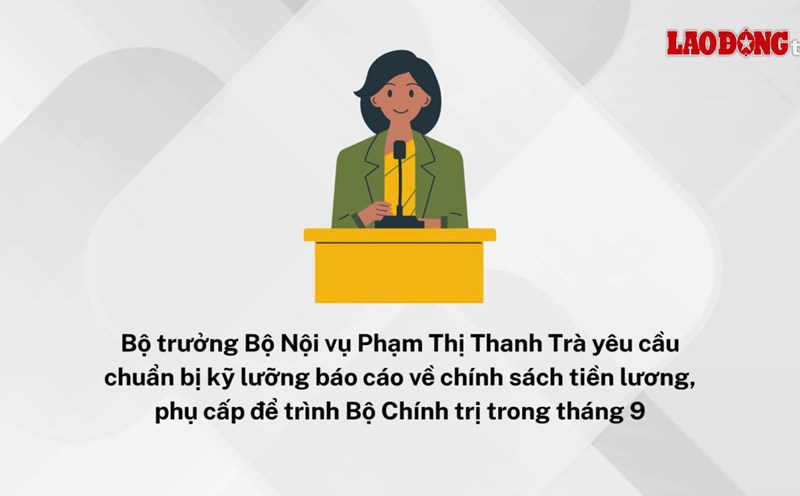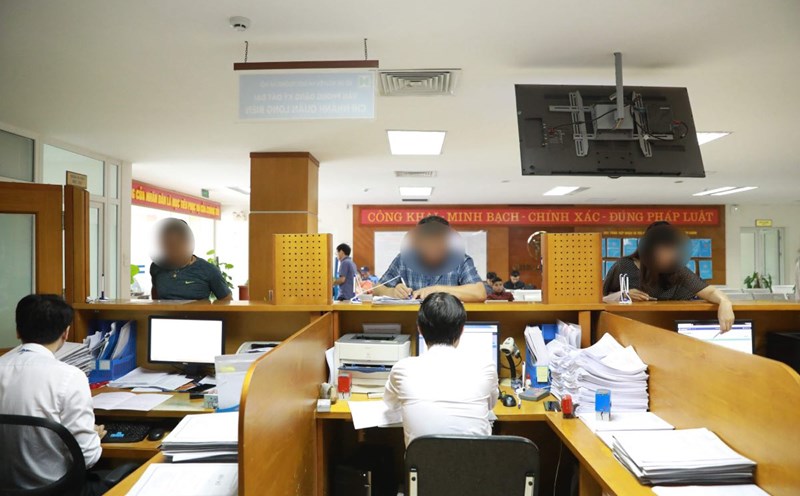Ms. Dinh Thi Thao (character's name has been changed) - an officer of the specialized dyke management force - said that in the past, the agency still paid 0.2% of the toxic and dangerous allowance to the team of officers, civil servants and public employees working in specialized dyke management.
However, recently this allowance has not been paid anymore. She wondered whether the suspension of payment was correct or incorrect according to current regulations.
Regarding the above question, the Ministry of Home Affairs responded on the Electronic Information Portal.
Accordingly, on January 5, 2005, the Minister of Home Affairs issued Circular No. 07/2005/TT-BNV guiding the regime of dangerous toxicity for cadres, civil servants and public employees.
In particular, Section I stipulates the scope and subjects of application and Section II stipulates the allowance level and how to calculate allowances.
Toxic and dangerous allowances for cadres, civil servants, and public employees working directly in dangerous toxic places with higher dangerous toxic factors than normal are not included in the salary coefficient, including:
First, cadres, civil servants (including reserve civil servants), public employees, and those who are on probation or probation under the payroll of state agencies and state public service units.
Second, cadres, civil servants, and public employees on the state payroll and receiving salaries according to the salary table prescribed by the State are sent to work at associations, non-governmental organizations, projects, and international agencies and organizations located in Vietnam.
Toxic and dangerous allowances include 4 levels: 0.1; 0.2; 0.3 and 0.4 compared to the general minimum wage.
Level 1, coefficient 0.1, applies to cadres, civil servants, and public employees working directly in places with one of the following toxic and dangerous factors:
Direct exposure to toxins, toxic gases, toxic dust, working in an environment prone to infection, infectious diseases.
Working in an environment that is subject to high pressure or lack of nutrients, too hot or too cold.
Work that generates loud noises or works in areas with continuous vibrations with high frequency exceeding the permitted labor safety and hygiene standards.
Working in an environment with radiation, radiation or electromagnetism exceeding the permitted standards.
Level 2, coefficient 0.2 applies to cadres, civil servants, and public employees working directly in places with two of the toxic and dangerous factors specified in Section a, Point 2, Section II above.
Level 3, coefficient 0.3 applies to cadres, civil servants, and public employees working directly in places with three of the toxic and dangerous factors specified in Point a, Point 2, Section II above.
Level 4, coefficient 0.4 applies to cadres, civil servants, and public employees working directly in places with toxic and dangerous factors specified in Point a, Point 2, Section II above.
The Ministry of Home Affairs recommends that you contact the agency managing cadres, civil servants and public employees for answers according to your authority.










